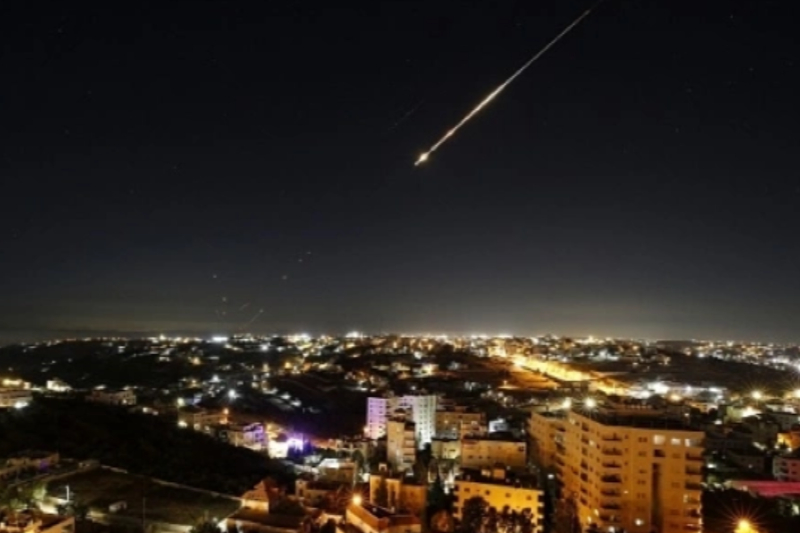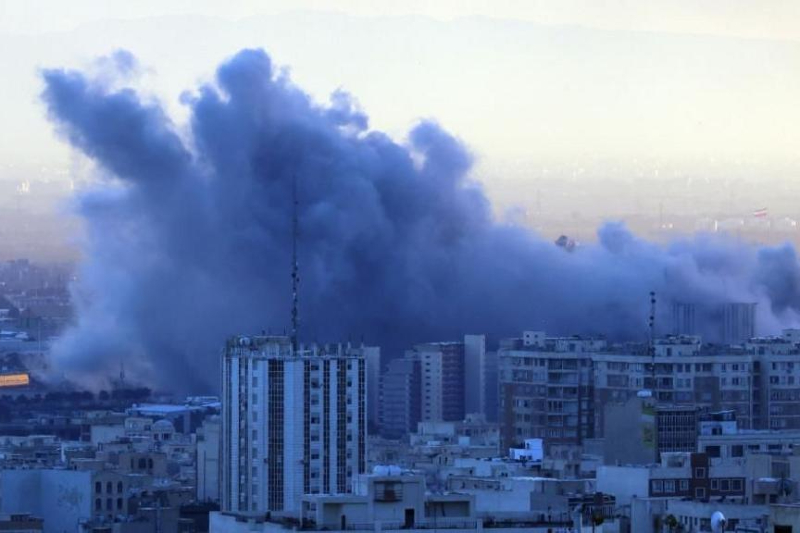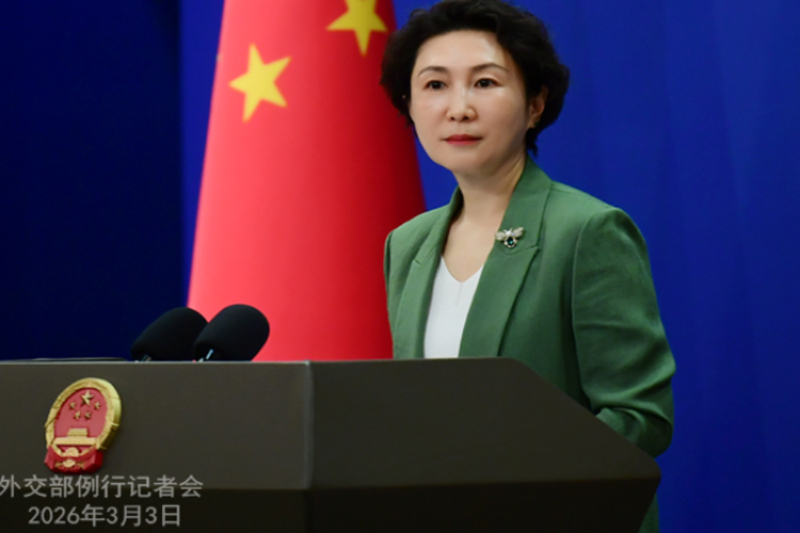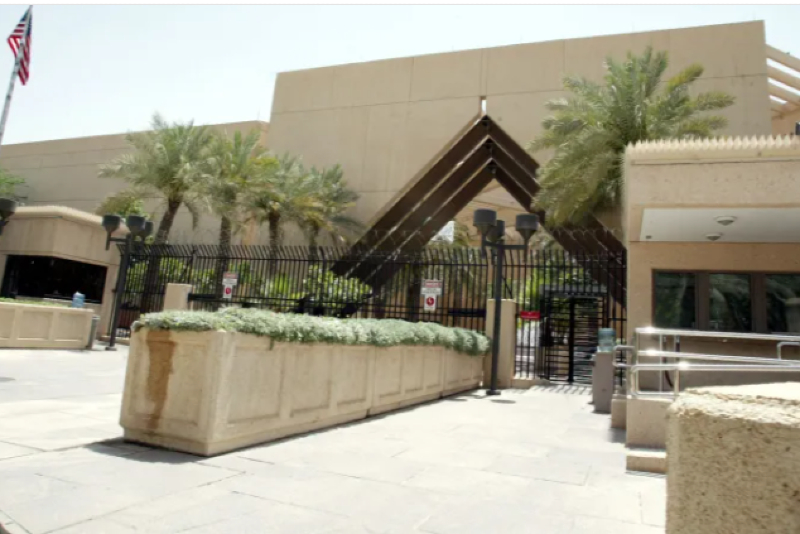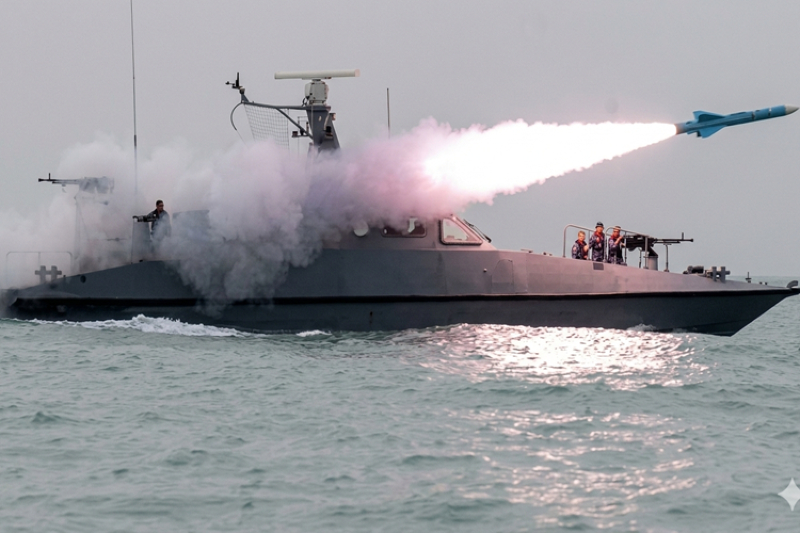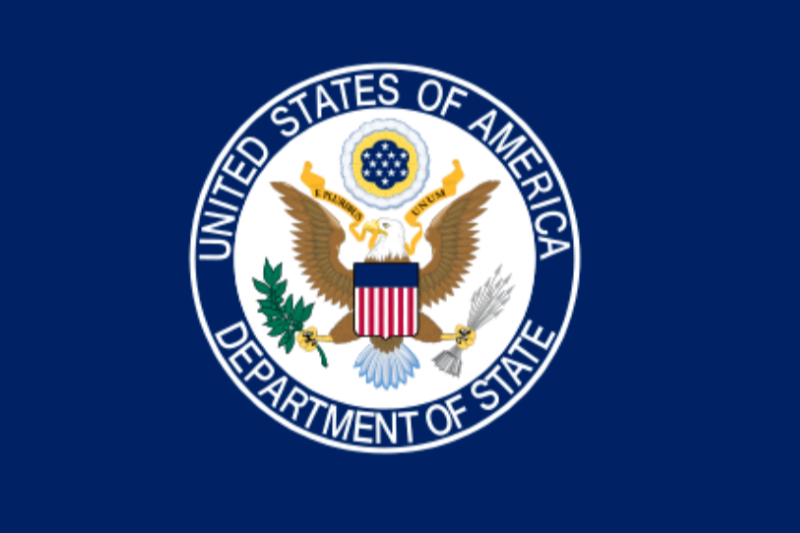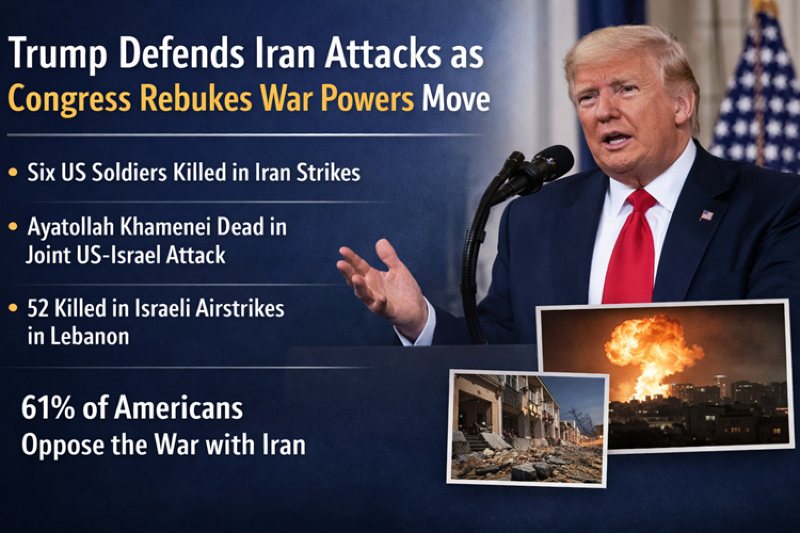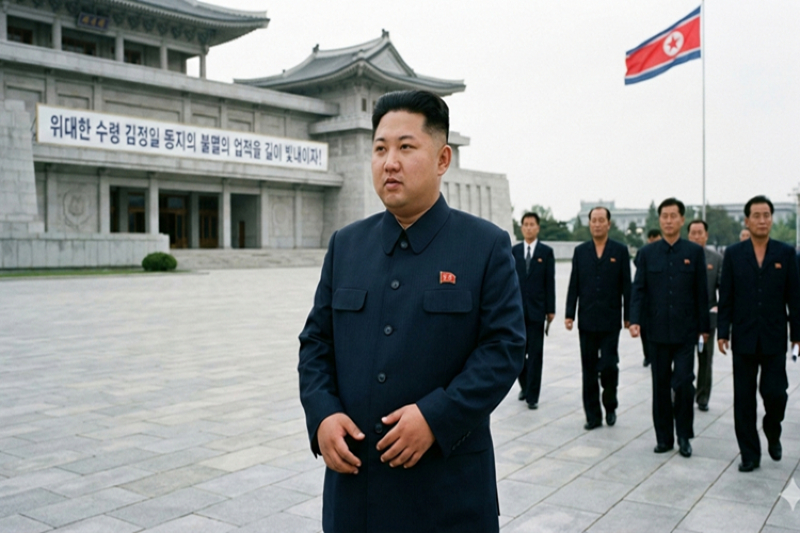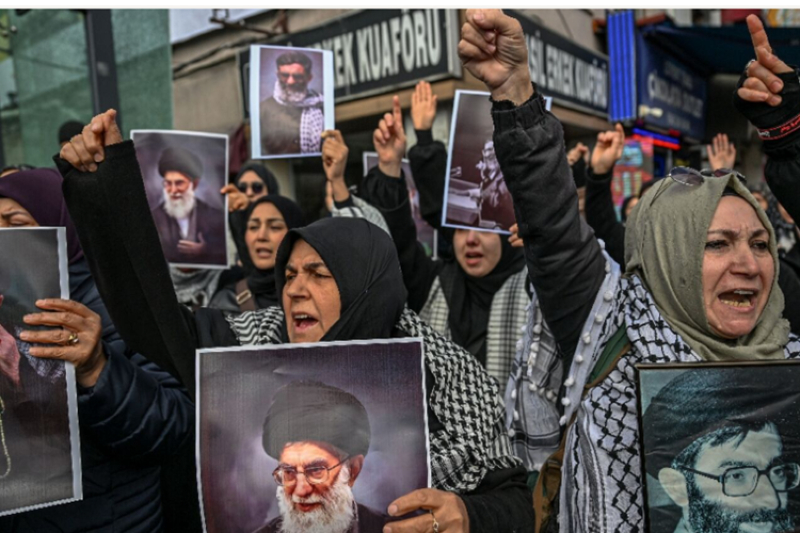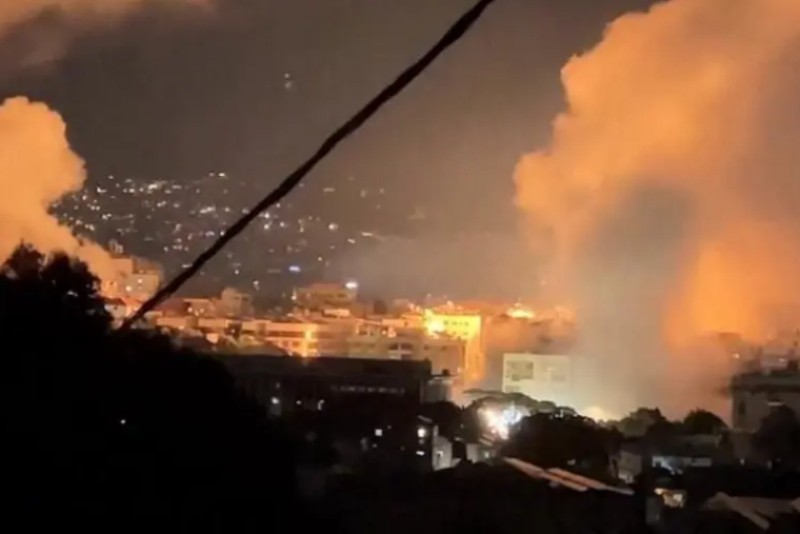Middle East Tensions to Overshadow G7 Summit in Canada
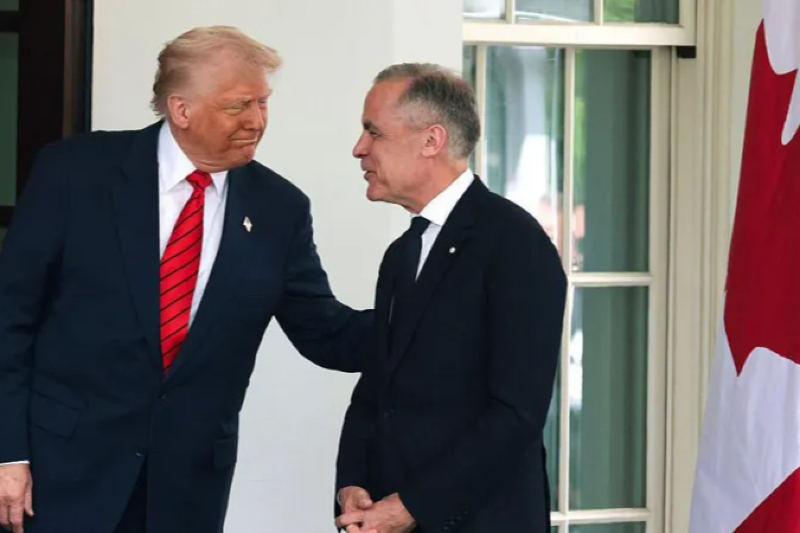
The annual G7 summit, set to take place this week in Alberta, Canada, is being overtaken by escalating tensions in the Middle East, particularly the unfolding conflict between Israel and Iran.
While the original agenda was expected to concentrate heavily on Russia's invasion of Ukraine and trade disputes sparked by U.S. tariffs, the unexpected military developments involving Israel have shifted global attention. The summit — which brings together leaders from the United States, United Kingdom, Canada, France, Germany, Italy, and Japan — will now be dominated by urgent discussions on the Middle East crisis.
Israel’s recent strikes on Iranian targets have alarmed the international community and are set to become the central topic of debate during the three-day meeting in the Canadian Rockies. Despite no formal endorsement from Washington, Israel's actions have implications that place U.S. President Joe Biden in a pivotal role. As the only leader with substantial influence over Israeli Prime Minister Benjamin Netanyahu, Biden may find himself under pressure from allies seeking a de-escalation.
The stakes are high. Any further intensification of the conflict risks pulling more countries into the fray, triggering a surge in global oil prices and adding new layers of uncertainty to an already volatile world economy.
While unity is often a goal at such summits, reaching consensus may prove difficult. European leaders like UK Prime Minister Keir Starmer and French President Emmanuel Macron have already urged caution, emphasizing diplomacy and restraint over military escalation.
As G7 leaders arrive on Sunday, the urgency of this crisis threatens to eclipse other key discussions, forcing the group to prioritize conflict resolution in a region whose instability could have far-reaching consequences.

